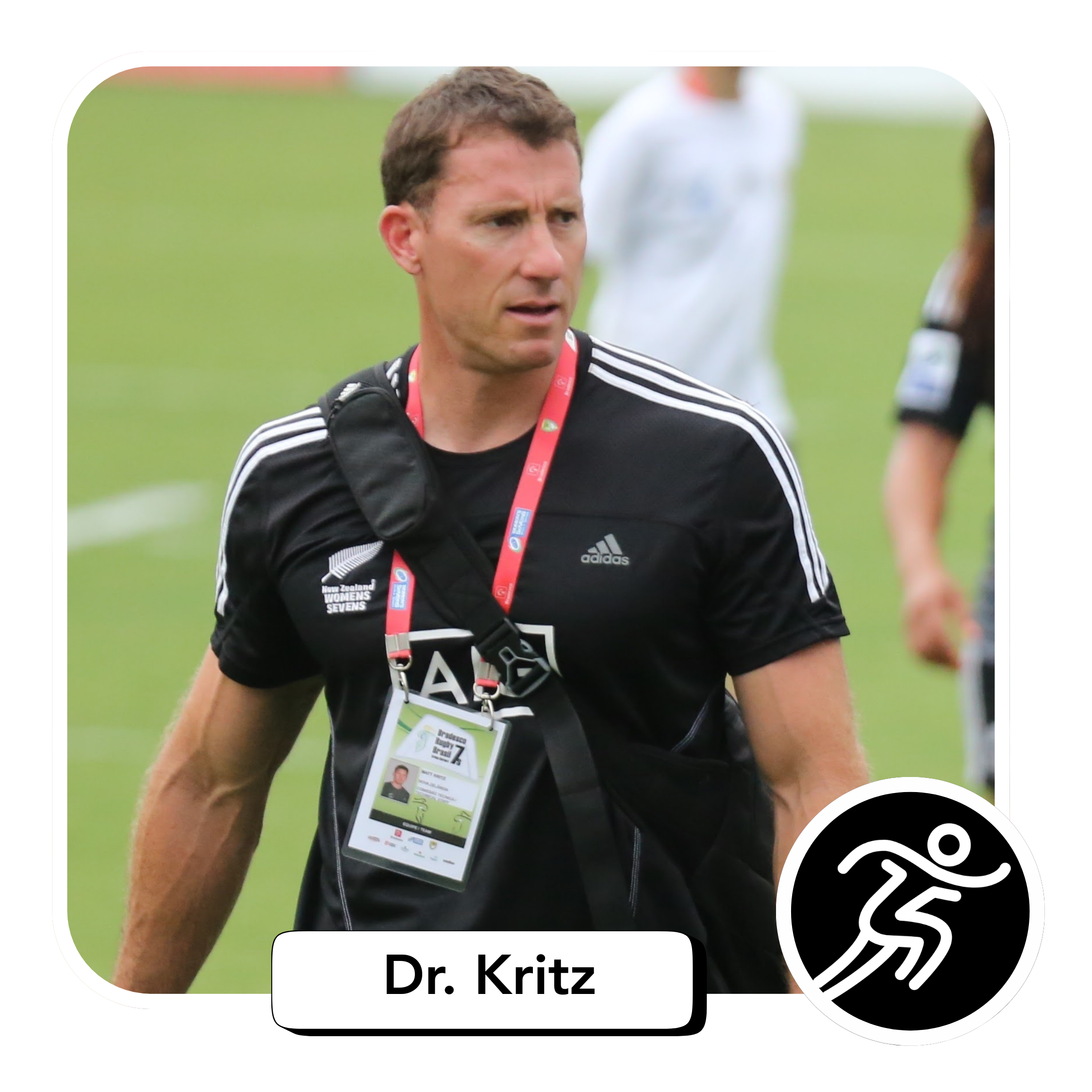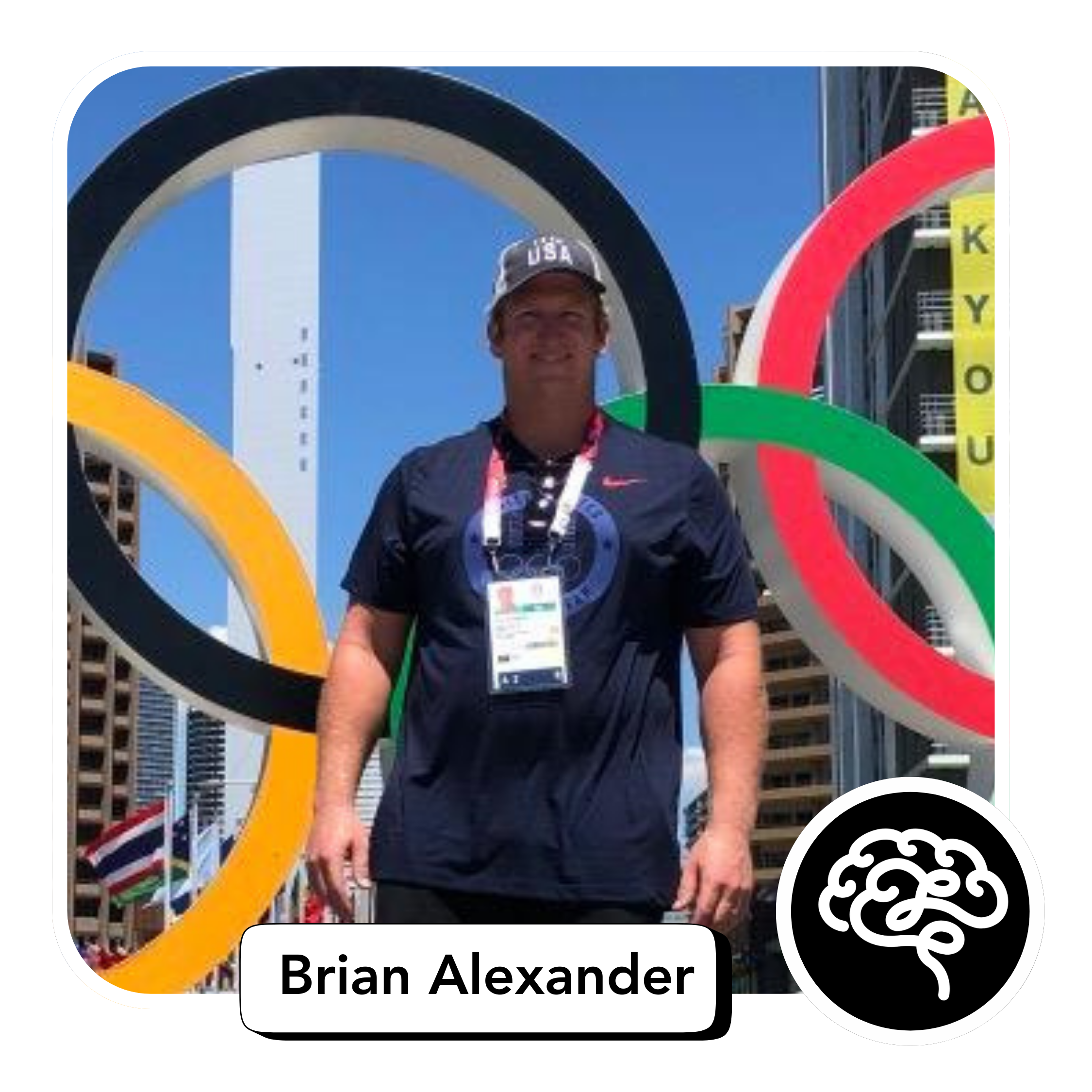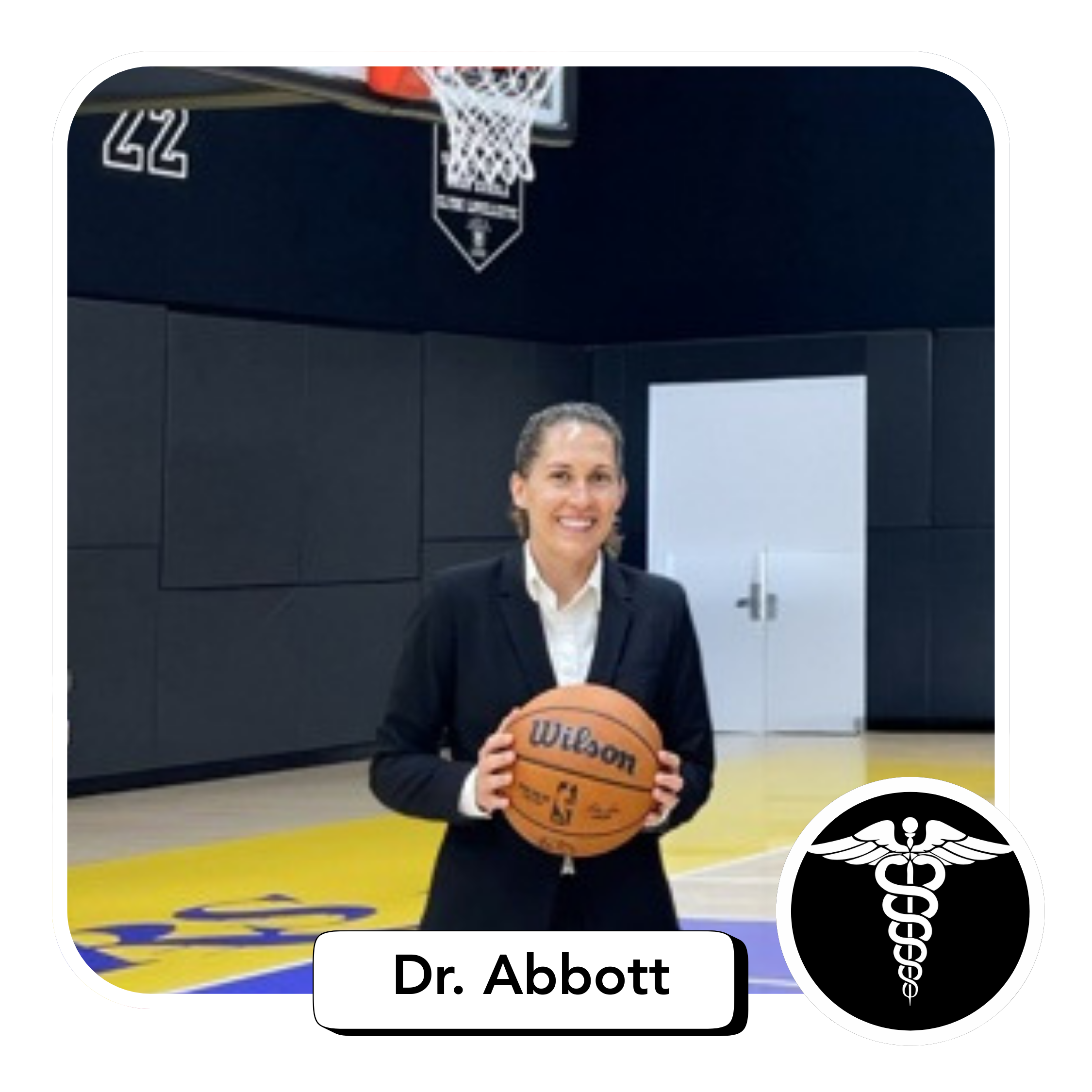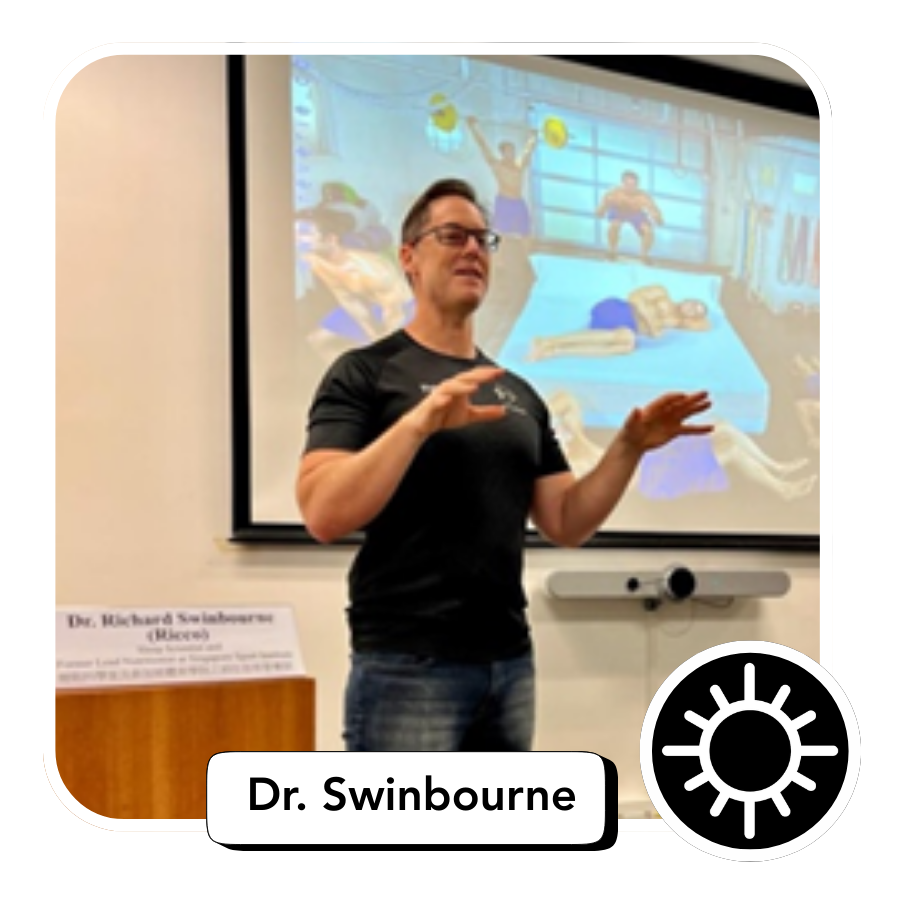
THE EXPERTS IN YOUR POCKET
-
Founder - CEO | BODY
Dr. Matt Kritz is a father, sport performance specialist, and educator with more than 25 years of experience in elite human performance. He has worked across more than 30 sports and supported athletes involved in over 40 Olympic and World Championship medal performances.
As a high-performance director, his work has focused on building systems that elevate performance, reduce injury risk, and support people as whole humans. His research in biomechanics and injury mechanisms led to the development of a movement competency method that identifies which movement patterns can be safely loaded and which require further development—an approach now applied across national, collegiate, and elite environments.
His perspective has been shaped by coaching, parenting, mentoring, and living and working in more than 40 countries. These experiences reinforce a consistent theme in his work: meaningful human growth is driven by clarity, connection, and confidence.
These principles underpin the R1 Method, a readiness-based approach that powers R1 Mobile. Designed to coach the whole person, R1 Mobile meets young people where they are and provides parents, coaches, teachers, and organizations with a clear framework for developing confident, capable young people for life.
-
Co-Founder | MIND
Brian is a father, educator, Olympian, and Certified Mental Performance Consultant (CMPC) whose career has been shaped by a lifelong connection to sport and a belief that readiness begins from within.
He grew up playing water polo and was selected to the U.S. National Team twice. Not making the final Olympic roster proved to be a defining moment—revealing that the true differentiator in performance is not physical talent alone, but mental clarity, confidence, and resilience. That realization redirected his career toward understanding and developing the mental side of human performance.
Since then, he has coached athletes from youth to professional levels, supported Team USA Men’s Water Polo during their 2024 Olympic bronze medal performance, and worked with surgeons, special operations personnel, and business leaders to help them perform with focus and composure under pressure.
These experiences inform the values behind the R1 Method, which he co-founded with Dr. Matt Kritz. He leads the Mind pillar, strategic partnerships, and marketing, grounding the work in sport psychology and practical mental skills. The Mind component identifies where young people are mentally, so parents, coaches, and teachers can meet them with empathy, build trust, and strengthen resilience.
R1 Mobile is not designed for quick wins. It is designed for lasting change—helping young people feel seen, supported, and capable so they take ownership of their growth and carry readiness into every stage of life.
-
Co-Founder | Energy
Dr. Swinbourne is a father, sleep scientist, dietitian, and lifestyle medicine specialist with more than 15 years of experience working in elite sport. His career has spanned environments from swimming pools to rugby fields, including leading the Sport Nutrition and Sleep Science team at the Singapore Sport Institute and later overseeing holistic athlete support for the Saudi Arabian Olympic Team.
What drives his work—professionally and as a parent—is a deep focus on how daily choices shape long-term health and readiness. In his view, performance is not built solely in training, but in the hours between. Nutrition that supports resilience, routines that manage stress, and sleep that restores both body and mind are often the true competitive advantage.
One of the most influential insights from his research came through work with professional rugby players, where extending sleep led to improved reaction speed, reduced stress, and faster recovery. This finding reinforced a core principle that guides his approach: the most meaningful performance gains often come from getting the fundamentals right.
These experiences inform the R1 Method. Through the Energy pillar, he helps young people, parents, teachers, and coaches understand how to fuel effectively, sleep well, and build sustainable daily habits—developing the resilience and balance needed to thrive not only in sport, but in life.
-
Founding Advisor, Medical & Athlete Health
Dr. Abbott is a sports medicine physician with extensive experience supporting athletes across youth, collegiate, and professional sports. A former collegiate athlete with a background in kinesiology, she developed a long-standing commitment to athlete development and long-term health well before entering medical practice.
She completed her training and board certification in pediatrics before pursuing a specialization in sports medicine, focusing on the unique needs of young and developing athletes. Her experience includes caring for some of the world’s top athletes during her time at UCLA, working with NCAA programs and professional teams such as the UCLA Bruins, Los Angeles Lakers, Los Angeles Dodgers, and Los Angeles Sparks. She currently serves as a sports medicine physician at Stanford, where her work emphasizes evidence-based care, injury prevention, and sustainable return-to-play for athletes of all ages.
Dr. Abbott is excited to partner with The Ready Collective, as the mission closely aligns with her holistic, body-and-mind approach grounded in both science and lived experience. Protecting athlete development early and supporting sustainable, lifelong athletic capacity are core priorities she shares with The Ready Collective.




